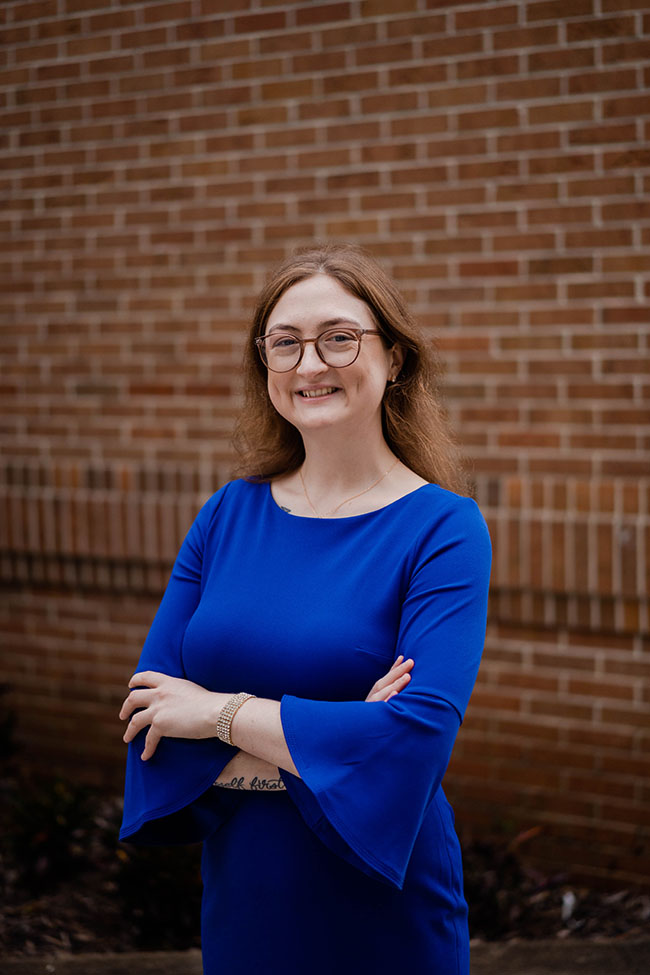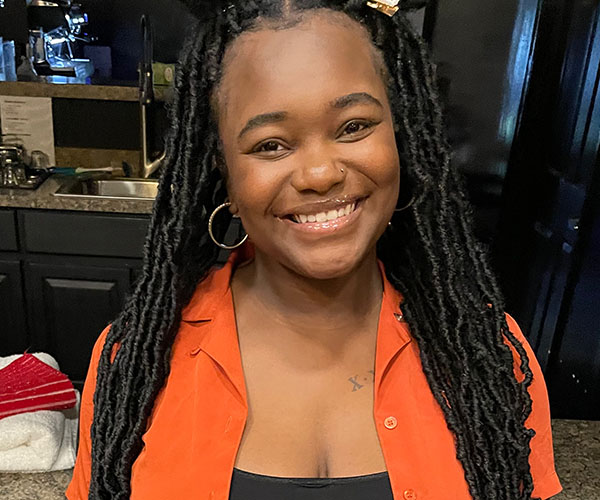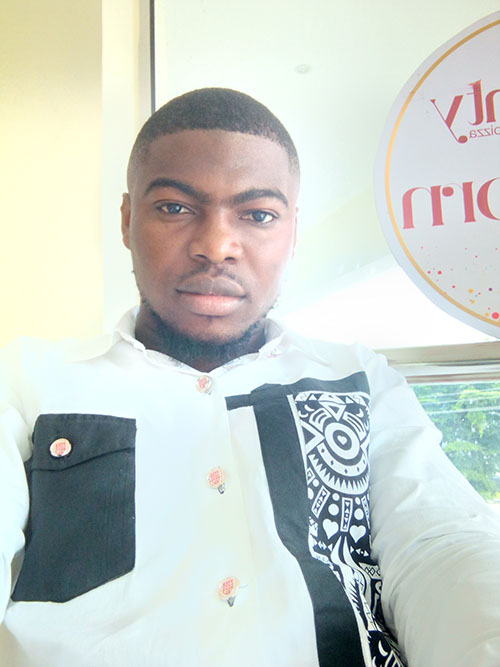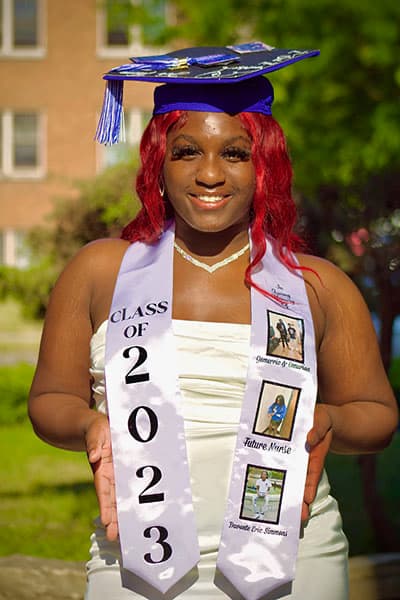Family is More Than Blood: The Importance of Supportive Adults for Foster Youth

Rayla J.
Brevard County, Florida
Growing up in foster care, no one prepares you for the multitude of challenges you will face. Foster youth are susceptible to navigating challenges like abrupt placement transitions, losing contact with friends and family, and being constantly thrown into unknown environments with changing variables. Feeling disoriented is an understatement. One thing many people don’t understand about foster youth is how hard it is for us to build supportive relationships with adults. We spend so much time living in survival mode that it can be difficult to move past the fear of trusting new people.
I am a former foster youth who spent four years in the system shuffling between various group homes and foster homes, constantly searching for stability and connection. I aged out at 18 and still struggle to maintain a balance with my biological family, who, at the time, could not offer me respite from the challenges I was facing in foster care. It was difficult for me to open up to new people when I was constantly worried about where I might move to next.
Fortunately, I had two Guardian ad Litems volunteers during my time in care who showed up for me time and time again. Whether I needed a good venting session or help to apply for college, these two individuals never failed me. I remember one time I was filling out a form at my doctor’s office that asked for an emergency contact. My heart sank as my mind went blank. Then, I was quickly relieved as I remembered my former child-advocate volunteers, now lifetime mentors, who would surely never hesitate to be there for me in an emergency. For me, having these permanent connections has allowed me to experience the unconditional love and support I’ve always yearned for.
Supportive adults are important for foster youth because we need trusted people to serve as positive role models and help us navigate life’s obstacles. We need guidance to reach our goals when we feel lost. This is often scarce due to broken familial bonds from our experiences in foster care. Sometimes, we need motivation from others who see the potential in us that we haven’t yet come to see in ourselves. I am incredibly grateful for my mentors and the other supportive adults I have met along my path who have continually inspired me to do great things. I would not be where I am today without the kindness, mentorship, and dedication of those who have been there to help pick me back up from some of the most difficult experiences. I hope all foster youth realize that family is more than blood. It is the people in your life who accept and love you for who you are and are there for you no matter what.







